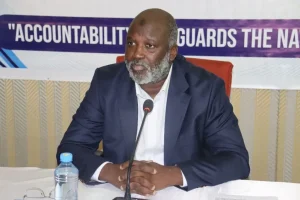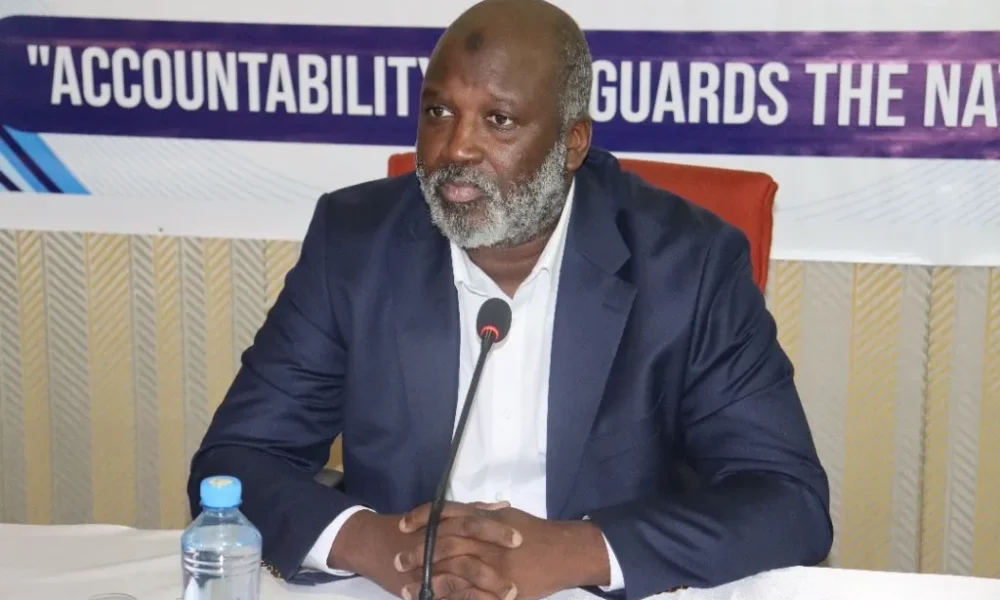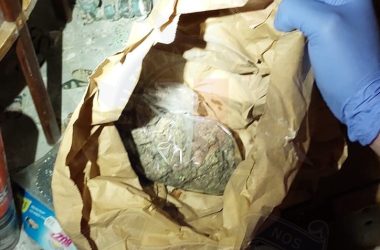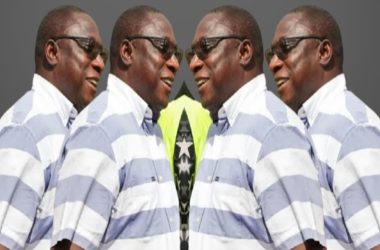Former Attorney General and Minister of Justice Abubacarr Marie Tambedou has told the Commission of Inquiry that bureaucratic delays and communication failures between government departments hampered efforts to preserve state assets and maximize revenue from their sale.
Appearing for the third time before the National Assembly Select Committee investigating the sale and disposals of former president Jammeh’s assets, Tambedou explained that a High Court order issued on 22 May was designed to protect millions of dalasi worth of assets, including livestock, vehicles, and construction equipment. He said time was critical, stressing that livestock could be moved, sold, or diseased if not quickly secured.
Despite a press conference announcing the order, its circulation was slow. The Ministry of Agriculture’s Gilma department did not receive the official memo until 4 June, and the unit responsible for wildlife never received it at all.
Tambedou said these gaps created operational bottlenecks that likely reduced the money raised from sales.
Although the Ministry of Justice provided oversight, the army had already taken physical control of the livestock locations before the Commission was formed. The eventual sale of the animals brought in 8.4 million dalasi, but Tambedou noted that delays and poor coordination meant the amount could have been higher.
Further complications arose when the Ministry of Agriculture requested that tractor sales be deferred so they could be redistributed to farming communities ahead of the rainy season. Cabinet approved the request, but the Commission moved forward with the sale.

Tambedou stressed that the Commission operated independently of the Cabinet. While ministers debated its powers, he said the Cabinet had no authority to dictate its actions. He explained that the Commission acted legally and independently, issuing the High Court order, relying on the army to secure livestock, and pushing ahead with its mandate despite inter-departmental challenges.





